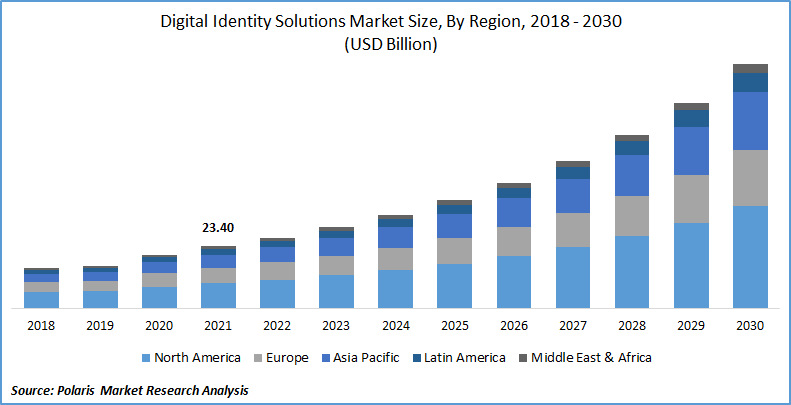Web3 will not reach mass adoption without a secure identity layer
As the Web3 revolution takes shape, decentralized digital identities stand to revolutionize the way we manage and protect our personal information. Decentralised digital identities and can include national ID information, personal emails, phone numbers, cryptocurrency addresses, bank logins, literally anything related to one’s personal identity.
This stands in stark contrast to the outdated and insecure credentials such as usernames and passwords, which have been the primary means of authentication for Web2 services for years.
A wealth of centralized data repositories has rendered our personal data increasingly vulnerable to security breaches, as evidenced by the recent 500 million Facebook user data scandal.
Needless to say, traditional methods of data protection are no longer sufficient. As our relationships with each other and businesses increasingly take place in the digital space, so too does the importance of trust and security on the grid. Decentralised digital identity and credentials play a significant role in helping users manage their IDs and control their personal information securely.

Username and password authentication have become ubiquitous in the digital world, yet they pose substantial security issues. Private servers storing user data are prone to inadequate security measures, leaving users with limited control over their own information and only faith that it remains safe.
Even tech giants are not immune to data breaches, If you are a Gmail, Amazon, Facebook user — which most of us are — your personal data, or digital identity may be among the over billions accounts that have already been compromised by these three companies alone; and according to stats 80% of hacking-related breaches are due to compromised passwords.
This is a stark reminder of why your data are of significant value to someone who would like to exploit it for their own illegal, illicit or at a minimum unauthorised purposes. And because of the anonymous nature of the digital space, you don’t know. So, individuals’ digital identity protection should be at the heart of concern.
Thanks to blockchain technology, Web3 offers better security protocols and brings the idea of digital identity that allows immutable interactions across the web.
A Game Changer for Businesses
Decentralised digital identity promises to revolutionize identity and access management, ushering in a new era of security and trust for users, companies and service providers alike. Users can conveniently and securely manage their online identities, and organizations can realize cost savings from managing identities centrally, improved access to resources, and increased organizational transparency. This model thus stands to offer a host of advantages that will benefit all parties involved.
Decentralised digital identity offers increased scalability, allowing organizations to quickly and easily add users to their networks, enabling secure exchange of data between users and organizations, which is indispensable in today’s data-driven world.
Plus, it eliminates friction during onboarding. This way, users can access the service with the click of a button without having to log in. This shows that corporate services are becoming more accessible to all users. Not only does it have the potential to expand your business, but it also contributes to a more seamless user experience.
By using blockchain and Web3, companies can save expenses associated with the development of ID infrastructure and significantly reduce the risk of data leakage or security threats. Businesses might be nervous about adopting new technology, and rightly so. But the security and monetary benefits that Blockchain brings are undeniable. The real risk might be the one of being left behind.

